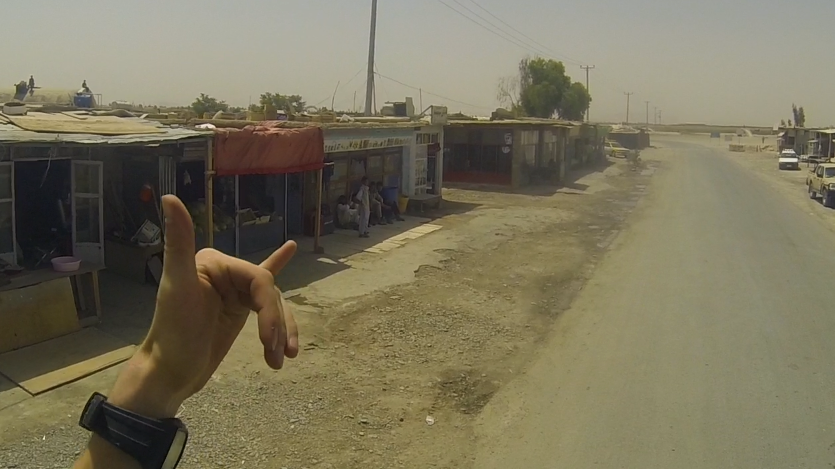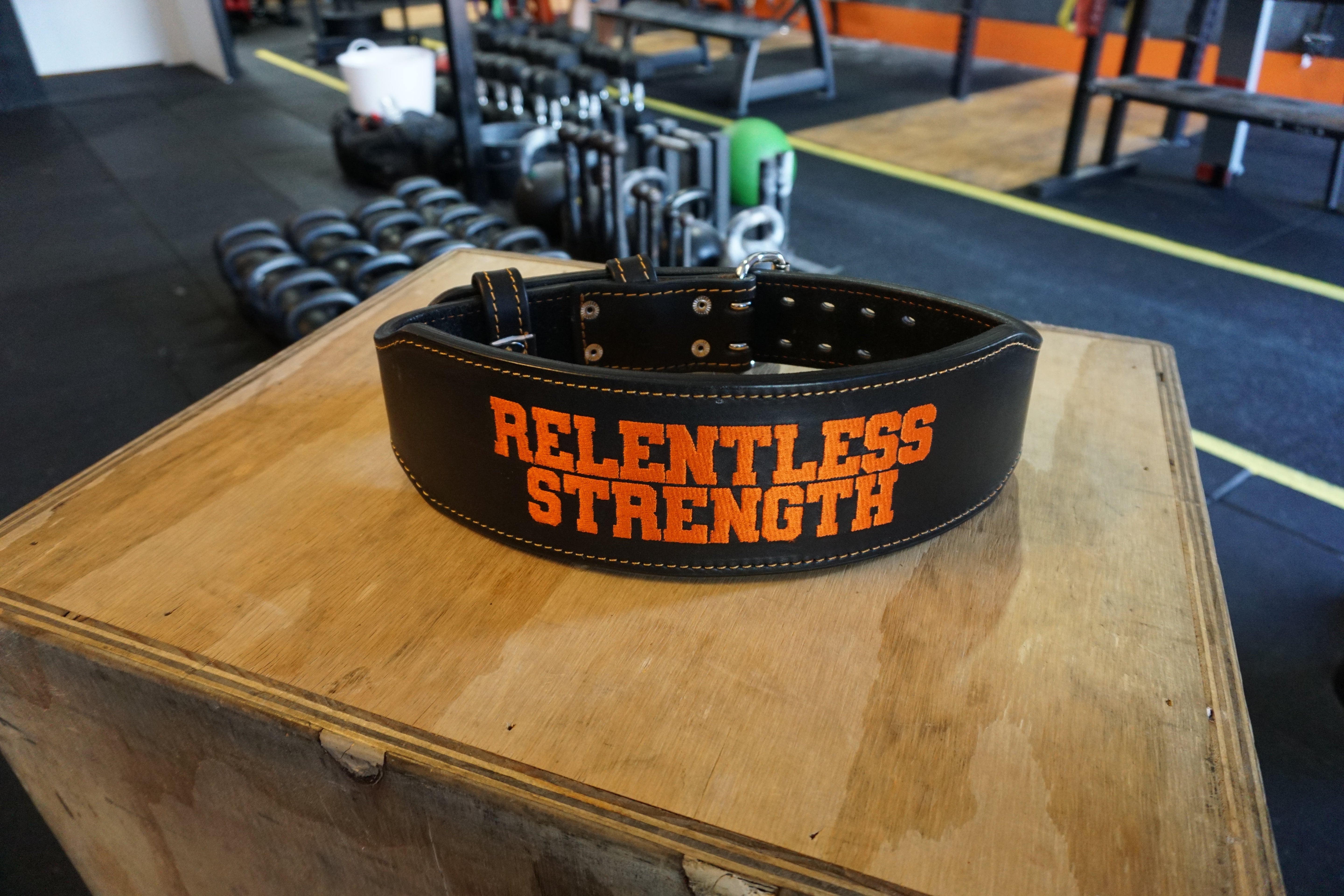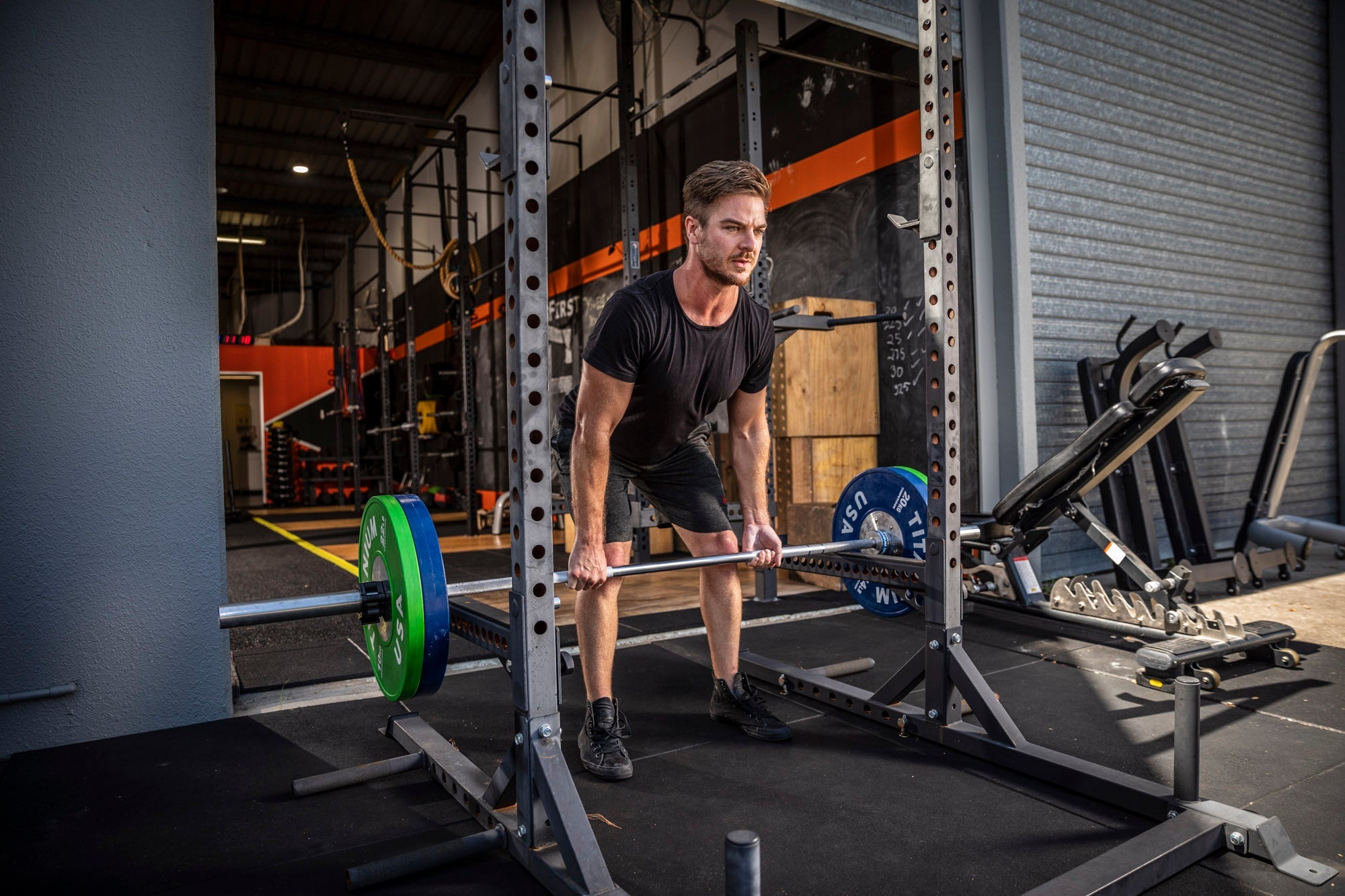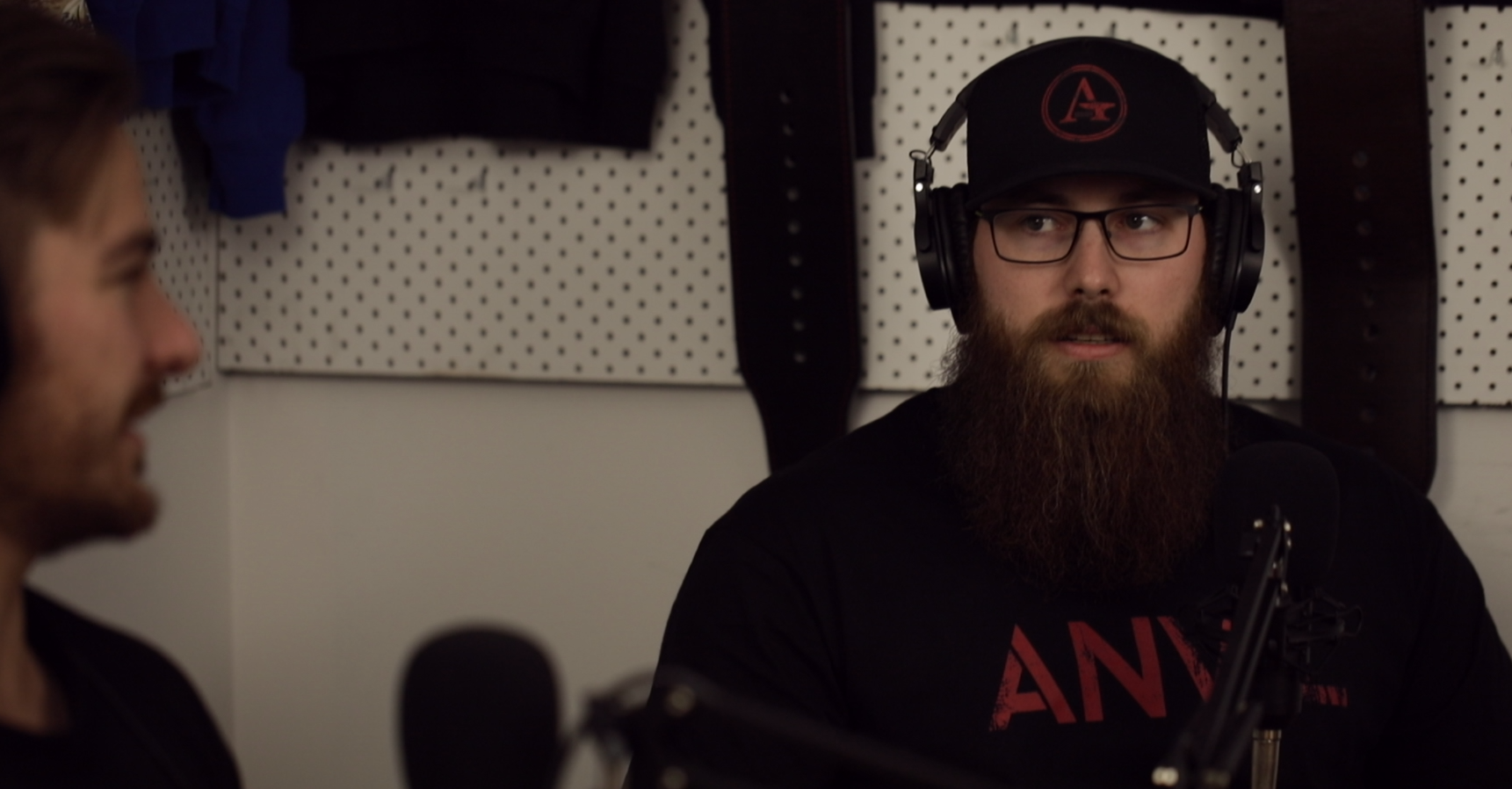Military Culture

An Anvil T&D opinion article by Daniel Hunt
If you were to ask a serving or ex-service person what joining the military is like, one of the likely responses you’ll receive is the “culture shock”. When I arrived at basic training by bus, I wasn’t even given the opportunity to step off before I was faced with a very intense looking, uniformed guy who seemed to take getting off a bus very seriously. While the experience of basic training may be a ‘deep end’ version of adjusting to military life - its purpose is to prepare you for a lifestyle and culture that differ vastly from the one you came from. This early conditioning encompasses all manner of people - low or high socioeconomic standing, different ethnic heritage, those raised in remote or suburban areas, and everything in between. As far as the military is concerned, you’re all just recruits - and no amount of family money or social standing matters. The stripping of personal identity plays heavily into the military’s methods when making new soldiers - uniformity. You dress, act and perform to the same standard as everyone else. The only thing that distinguishes you from someone else is the rank you wear, with hierarchy creating the spine of the beast that is the Australian Defence Force (ADF).
Things like uniformity and hierarchy, however, would be areas that fit more with the ‘regimental’ side of military culture. They don’t represent the day-to-day social norms and practices of soldiers. They don’t represent how different corps perceive each other, the treatment and expectations placed on brand new platoon/squad members, and a soldier’s perspective on potentially taking a life or losing their own.
History of Soldiering
“c. 1300, souder, from Old French soudier, soldier "one who serves in the army for pay," from Medieval Latin soldarius "a soldier" (source also of Spanish soldado, Italian soldato), literally "one having pay," from Late Latin soldum, extended sense of accusative of Latin solidus, name of a Roman gold coin, properly "coin of thick or solid metal," not of thin plate.”(Ref. 1)
Historically, humans have been consistently violent no matter the level of technology or social structure with which they’ve surrounded themselves. Not everyone is prone to committing aggressive physical acts against others - in fact, many would argue that being prone to violence is due to a lifetime of environmental conditioning. But, whether you believe that Cain murdered his brother Abel, or that we’re just evolved primates trying to shed instincts ingrained into our DNA (just two examples of different perspectives), the fact of the matter is - there has always been human against human fighting over land, food, shelter and emotion.
In modern eras, fighting between groups has been carried out by organised militaries and militias (with the odd exception) - made up of people whose sole purpose is to execute the actions needed for success.The title applied to these groups of ‘direct action’ individuals has changed through time and across several languages, but whatever the title, the question remains - what separates them from other combat centred vocations? Mercenary, assassin, cutthroat or pirate - all means of securing financial return for services related to taking life. However, none of these have been held on the same moral pedestal as that of someone considered a ‘soldier’. Actions committed by a mercenary that are seen as cruel, are considered heroic when done by a soldier. There are two explanations I would provide for this difference in perspective - that the soldier as an individual acts within a defined set of moral values, and works within a group in the military as an organisation working for the interest of the country/state to which it ‘belongs’.
By following personal ethics and acting within group interests, soldiering established itself within society as a respected means of making a living. Communities need farmers, cooks, cleaners, builders - they also need people to defend and attack when necessary, protecting against anything that may threaten their group. This need has adapted to the ever-changing circumstances of human advancement - as cities and states have melded together to become nations, many countries now have standing armies (full-time soldiers), something once considered too expensive and unnecessary. The role of militaries has also adapted, now acting beyond just warfare - conducting peacekeeping, disaster relief, and other emergency aid activities that require a large, organised group.
‘Toxic Masculinity’
The military is primarily made up of males - with women making up 18.6% of the ADF workforce in 2019(Ref 2). Historically, this is quite a large percentage, as military service has always been viewed as a male-orientated vocation. Many countries have only recently opened up combat roles to women, while others maintain a male only recruitment. Speaking now from my own experience as an infantry soldier - the long established norms within that micro-culture of males consists heavily of what many would these days call ‘toxic masculinity’. I’ll provide some examples of social norms within groups of infantry soldiers, for anyone that has not had exposure to them:
- Your entire character is judged by your capability as a soldier. One of the first questions many infanteers will ask about another is “Is he switched on?”. You can be the best bloke in the world, but if you’re shit at your job - that’s how everyone will know you.
- Those that aren’t capable, or don’t fit into the group, are generally picked out and ostracized. Many infantry soldiers would know what I mean by ‘the platoon shit cunt’, because if you don’t meet the physical and social expectations of the herd - you’ll quickly slide down to the bottom of the pecking order.
- You’re expected to push through injury, as being on a medical restriction without reasoning that is seen as valid by the group, is seen as weak by the group. These expectations are rarely reasonable.
- Killing ‘the enemy’ is part of normal conversation and is the basis of almost every facet of training.
These examples are just a few of many, and more relevant to the purpose of this article. There are other unspoken ‘norms’ within this culture - but they wouldn’t relate to the heading of this segment. The examples I have given are ones that cultivate a culture of what would be considered ‘toxic masculinity’ to an outsider who didn’t share in the same experience or conditioning as someone in the military.
There is a reasoning behind the social practices, though - they’re conducive to combat effectiveness, and sustainability in a combat environment. Put simply, combat effectiveness is the ability to achieve a task within a hostile environment. The task may vary from attacking or defending, and the groups ability to do either is dependent on many factors. Factors such as individual soldier skills, group cohesiveness and lethality are integral to successful task execution. With those factors in mind, let’s revisit the aforementioned social practices within combat soldiers (and the wider military):
- Being judged on your capability as a soldier - if your individual skill level is low, then you’re a liability to the rest of the group. If your skills don’t produce the results expected, it doesn’t just affect you, it affects everyone within your team. This isn’t unique to the military - what makes it unique is that the cost of failure within a hostile environment is serious injury or death. So, even if you’re a likeable person, your personality won’t stop injury or death - but your proficiency as a soldier might.
- Not meeting the performance standards of your peers leads to being picked out (often bullying) and social expulsion from the group - following on from above, the individuals who draw ‘heat’ onto themselves by failing to perform are the most likely to be assigned undesirable tasks, receive the fewest opportunities for promotion or other sought after courses, and to be treated poorly in general. Again, this is due to the individuals unreliability and increased risk of potentially causing harm to another soldier through incompetence. I can personally recall thinking “this guy is going to get me or someone else killed” - this lack of trust in someone who may be relied upon in life or death situations leads to the aforementioned negative treatment.
- The expectation to push through injury - in a job that is highly physically demanding, injuries happen to each and every person. This is consistent whether on a deployment or exercise - everyone’s knees, shoulders and back hurt. There is a difference between the pain experienced from arduous physical activity and injury, but in that environment - the lines that define an injury blur. To some, unless you need to be hospitalized, you’re just weak and aren’t putting in enough effort. The reasoning behind this relates once again to your reliability in a life or death situation - if you can’t perform your role, then you become a liability. There are many stories of soldiers continuing to fight despite grievous injuries to themselves, so if you’re the first guy that collapses from heat stroke on a hot day, or your knee is causing you to miss multiple field exercises - it will quickly be noticed.
- Talking of killing is normal - within combat corps, where the job always comes back to the potential need to inflict violence, avoiding the reality of killing would be naive. Conditioning individuals to taking a life is something at which the military has improved in recent times by implementing small desensitization tactics - like using human shaped targets for shooting. Additionally, cultivating an environment that bases its worth on the ability to succeed over an adversary means that soldiers at an individual and group level are excited for the opportunity to fight - if the people fighting are scared of combat and doubting their capability, they’ll perform poorly compared to the same group who is eager.
These four points each relate back to the factors mentioned earlier - individual soldier skills, group cohesiveness, and lethality. The first three are associated with individual soldier skills and group cohesiveness in their own way, while the fourth point relates directly to lethality.This small insight into some of the informal social norms within military groups provides a brief look into a culture that is heavily centred around their historical purpose - combat. Obviously, the military has evolved beyond just that - but it is arguably the heaviest influencer, mixed with the traditional and regimental factors, which are also grounded in military history.
Adverse Effects of Combat Preparedness
While many facets of military culture are designed to maintain a state of readiness for periods of conflict - most people who have spent time in the military have only done so for a small portion of their life. That period could be four years, or it may be twenty, but in the grand scheme that leaves a lot of time outside the armed forces. I’ve mentioned ‘conditioning’ a few times now, and the military excels at it - soldiers are conditioned to exist within a very specific environment, but they aren’t conditioned to re-enter the world as a civilian. My discharge from the military involved frantically chasing down members within the chain of command to find out if my paperwork had been completed, or even received. As it turns out - someone lost it and I had to resubmit, then get a person of higher rank to chase down even more people, just so I could get everything submitted in time. Others may have had similar, worse, or better experiences - but the one consistent thing for all of us who administratively discharged is that there was no real exit process. When you’ve spent how ever many years being indoctrinated, the sudden leap into the ‘normal’ world is similar to the culture shock you first experienced on joining the military. It’s hard to relate to others or empathise for problems they find upsetting but you find trivial, you’re injured in multiple places but can’t do anything about it, and the things you say to others make them give you weird looks. I’ve lost count of the amount of times that I’ve heard a veteran say that civilians just don’t seem “to get it”, and it’s not because people who haven’t been in the military are in the wrong or are actively trying to make veterans feel excluded - it’s that the wall that the military built while we served is now blocking everyone else out.
Why It Attracts People
Why would someone choose to join the military?
Well, there are plenty of reasons - decent pay, career opportunities, not bad food, life experience, maybe a sense of patriotism. But still, everyone surely knows the reason for there being a military - to fight. Everyone has heard tales or seen movies of war, and while Hollywood loves to glamourise it - most people don’t want to kill, be maimed or die. Even still, thousands still join, to endure brutal physical training and regimental discipline. This isn’t a new thing either, there has always been willing hands when nations have made a call to arms, and there likely always will be. So, why? I have already mentioned various positives associated with a military career - pay, food, a career, life experience, and the rare case of patriotism. These things alone are enough to make someone willingly involve themself in warfare. Some would say that these are necessities, and others that they’re earned. Personally, what I would also add to the list is the opportunity for a new life. In my experience, I’ve met a lot of people who, when deciding what to do with their life - looked around them and decided that their current situation wasn’t what they wanted, so they left. What better way to do that than to go into a job that pays, feeds, and houses you, all well away from where you came from?
In saying that, the military is rarely what individuals expected before joining - not necessarily in bad ways, especially since most perceptions of military life are based on movies.
Conclusion
The culture within the military, like most others, sounds quite strange to those who haven’t experienced it. It is heavily soaked in tradition and order - walking next to someone means matching their stride, and wearing the wrong coloured socks can get you fined (if the guy with higher rank is a dick). Telling someone to shut the fuck up is totally normal, and laughing at someone else collapsing from heat stroke is standard behaviour. It is a very unique experience, and you’ll meet some of the greatest people you will ever know. Four years or a lifetime, the time spent in the military is something you have to make the effort to enjoy, or you may end up hating every day and constantly complaining - like the less enthusiastic do. I’d still recommend it to anyone who wants to join, but I wouldn’t recommend letting a recruiter talk you into anything you don’t want to do (I don’t think I ever met a happy army cook). Time in the military is time within a unique world - a world that comes with its own culture.
A final thought - no one cares if you did cadets or airsoft before joining. Telling people will only get you bullied.
Train Smart. Train Hard.
References
- https://www.etymonline.com/word/soldier
- https://www.defence.gov.au/annualreports/18-19/downloads/WomenintheADFreport2018-19.pdf
About Us
Anvil Training and Development is a group of Australian veterans who care about the physical and mental health of veterans and emergency service workers. We’re passionate about ongoing education and working with others to implement positive change.
Instagram: Anvil Training & Development - @anvil.td
Facebook: Anvil Training & Development - @anvil.td
www.anviltd.com
(Article Edited, Proof Read, and Fact-Checked by Charlotte Officer)
VES Mental Health Resources: https://anviltd.com/pages/ves-australian-mental-health-resources









Leave a comment